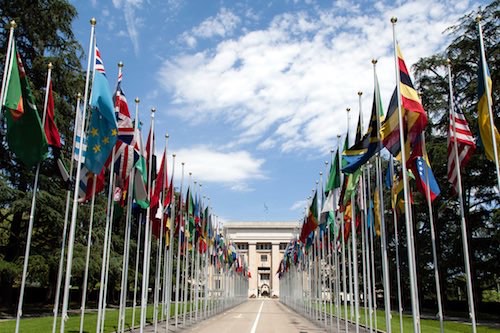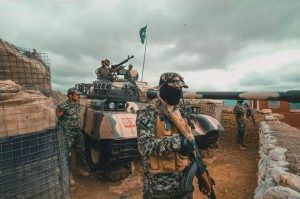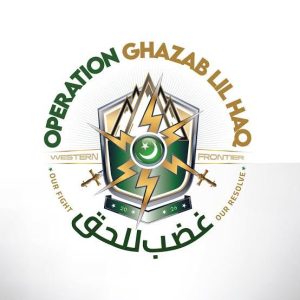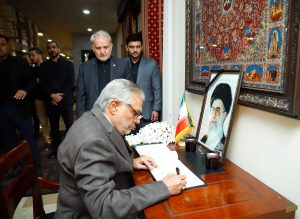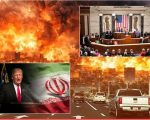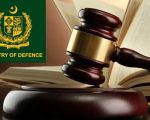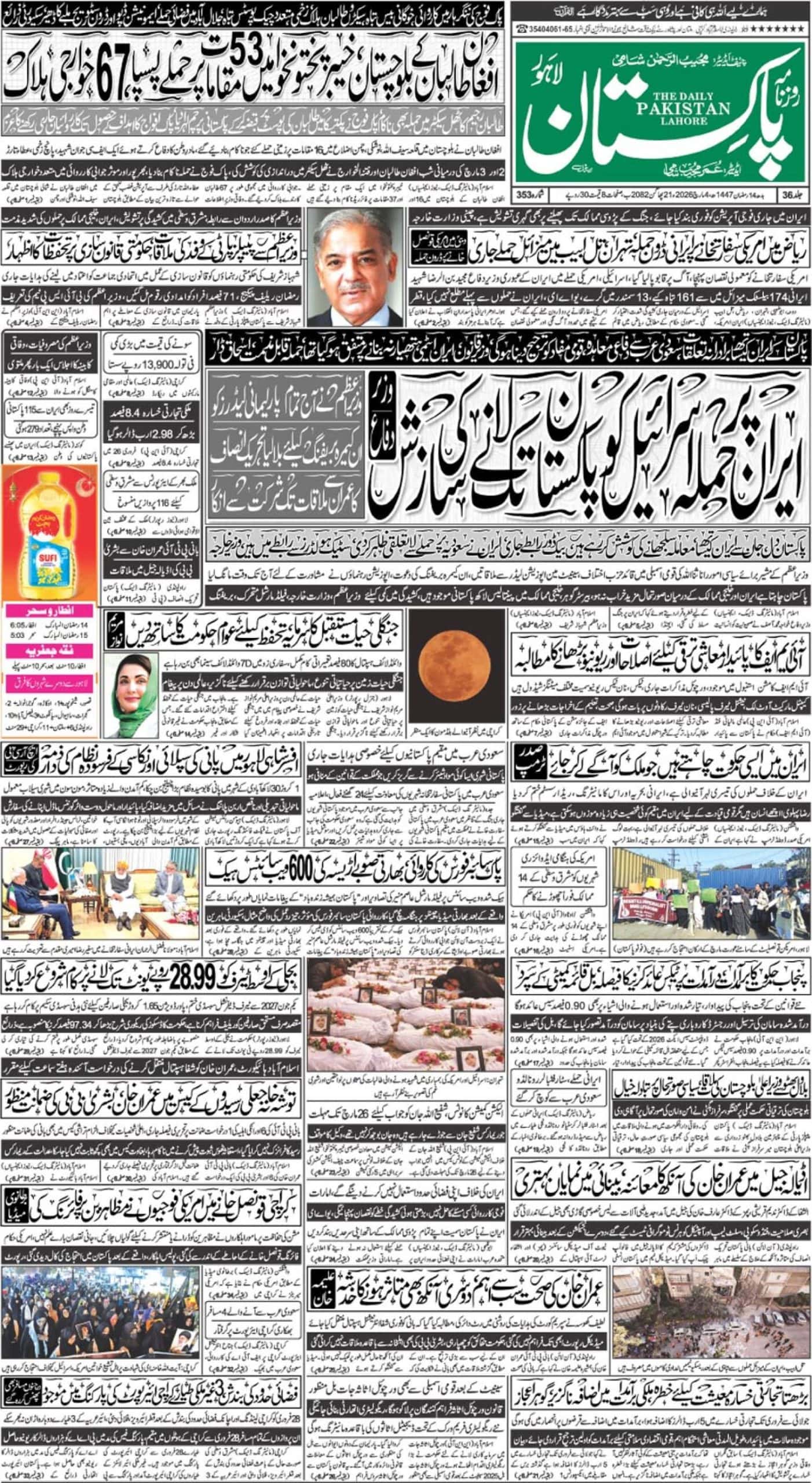There are moments in a nation’s journey that emerge, not through long-term strategies, but from an “emotional groundswell”, a kind of “surge” that comes unannounced, yet binds hearts and minds. Our beloved Pakistan has recently witnessed exactly such a moment. What we experienced was not a scripted unison but an instinctive rallying of the nation in the face of a visible hostile aggression.
Although a tenuous ceasefire is currently in place and its terms may hopefully be worked out through diplomatic channels very soon, we must remain realistic. Given India’s current loss of face, both internally and on the global stage, and its traditionally demonstrated intransigence, it is most likely that provocations will resurface. The recent events have hurt Indian pride and shaken its internationally cultivated image. This bruised ego may compel India to act again, whether through overt confrontation or covert subversion, alone or in concert with its supporters. This possibility makes the present calm potentially fragile. Allah forbid, should hostilities reignite, we must be prepared militarily, emotionally, and collectively. This is no time for complacency. This is the hour to stand vigilant, for unity is not merely an asset in crisis but the scarlet thread of any nationhood and the key to our enduring success.
What emerged in this crisis was something profoundly human and extraordinary, somewhat tribal. In Pakistan’s tribal belt, this phenomenon had been witnessed firsthand within the dynamics of tribal honour, loyalty, and defence of identity. When a tribe is threatened, differences with subtribes vanish. What remains is the drive to defend and preserve, at any cost. That same impulse swept through Pakistan recently, transcending sects, classes, and political affiliations. It fused us momentarily into one: not as disparate identities but as Pakistanis. The real question is whether we can convert this impulse into a “Sustainable National Identity”?.
Historically, the idea of a cohesive nation-state traces its roots to the Treaty of Westphalia in the 17th century, where sovereign boundaries began to define political entities. Over time, shared language, faith, values, or historical memory became the glue that bonded populations. Each nation forged its identity differently. Pakistan’s process has been uniquely complex due to regional disparities, political instability, and external pressures. And yet, moments like these show us the potential we hold. The unity we saw wasn’t imposed; it was instinctive. However, for it to last, it must evolve. Whatever brought us together, now the purpose must keep us together. If identity made us react, then dignity must make us build. And if war hysteria stirred the soul, then a shared destiny must keep it awake. This is not a political suggestion, nor a partisan appeal. This is a call for National Maturity. Our Armed Forces, notably the Army, which has once again demonstrated unmatched resolve and professionalism, must now continue to play the role of a national unifier, guiding through inspiration, discipline, and strategic foresight. The transformation of the Army’s public perception, from being under critical scrutiny, at times, to now being widely seen as the symbol of unity and sacrifice, must be preserved and evolved constructively and deliberately.
At the same time, our media must rise above the noise of ratings and partisanship, as they have displayed during the current standoff between Pakistan and India. Our educational institutions must nurture national pride rooted in integrity and inclusion. Our mature civil leadership must understand that real progress cannot happen in a fragmented house across all parties and domains. Unity, once awakened, must be protected, not just in posts, studios or headlines, but in homes, schools, and policies. We must use this momentum to create a stronger, more integrated Pakistan, where love for the country is not episodic, but enduring, and Unity, coupled with love for the country, when given direction, becomes a legacy. Pakistan Hamesha Zindabad.

